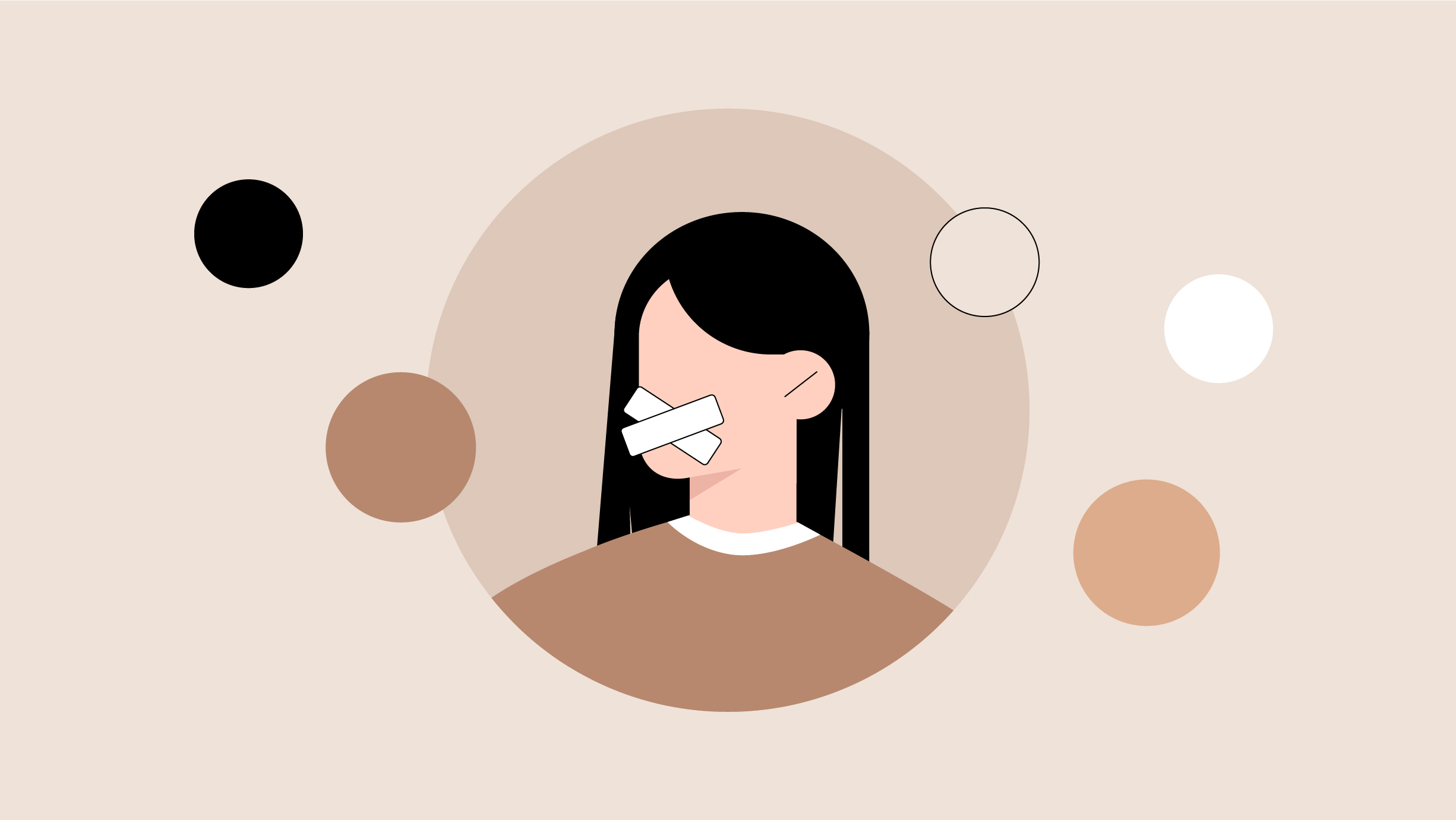How should I use this medication?
Take this medication by mouth. Take it as directed on the label. Use a specially marked oral syringe, spoon, or dropper to measure each dose. Ask your pharmacist if you do not have one. Household spoons are not accurate. You can take it with or without food. If it upsets your stomach, take it with food. Do not use it more often than directed.
Talk to your care team about the use of this medication in children. While this medication may be prescribed for children as young as 6 years for selected conditions, precautions do apply.
People 65 years and older may have a stronger reaction and need a smaller dose.
Overdosage: If you think you have taken too much of this medicine contact a poison control center or emergency room at once.
NOTE: This medicine is only for you. Do not share this medicine with others.
What if I miss a dose?
This does not apply. This medication is not for regular use. It should only be used as needed.
Where should I keep my medication?
Keep out of the reach of children and pets.
Store at room temperature between 20 and 25 degrees C (68 and 77 degrees F). Get rid of any unused medication after the expiration date.
To get rid of medications that are no longer needed or have expired:
- Take the medication to a medication take-back program. Check with your pharmacy or law enforcement to find a location.
- If you cannot return the medication, check the label or package insert to see if the medication should be thrown out in the garbage or flushed down the toilet. If you are not sure, ask your care team. If it is safe to put it in the trash, pour the medication out of the container. Mix the medication with cat litter, dirt, coffee grounds, or other unwanted substance. Seal the mixture in a bag or container. Put it in the trash.
NOTE: This sheet is a summary. It may not cover all possible information. If you have questions about this medicine, talk to your doctor, pharmacist, or health care provider.








